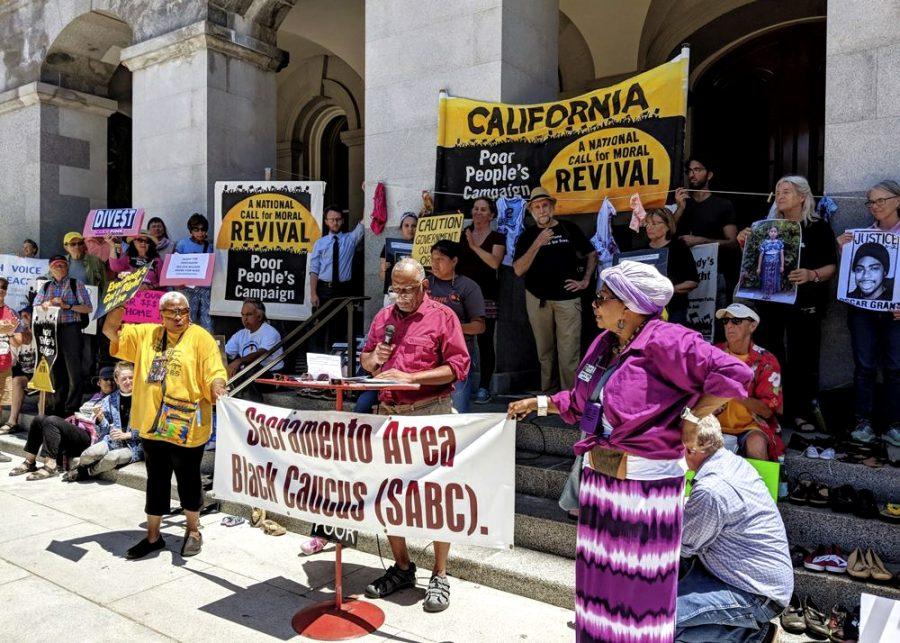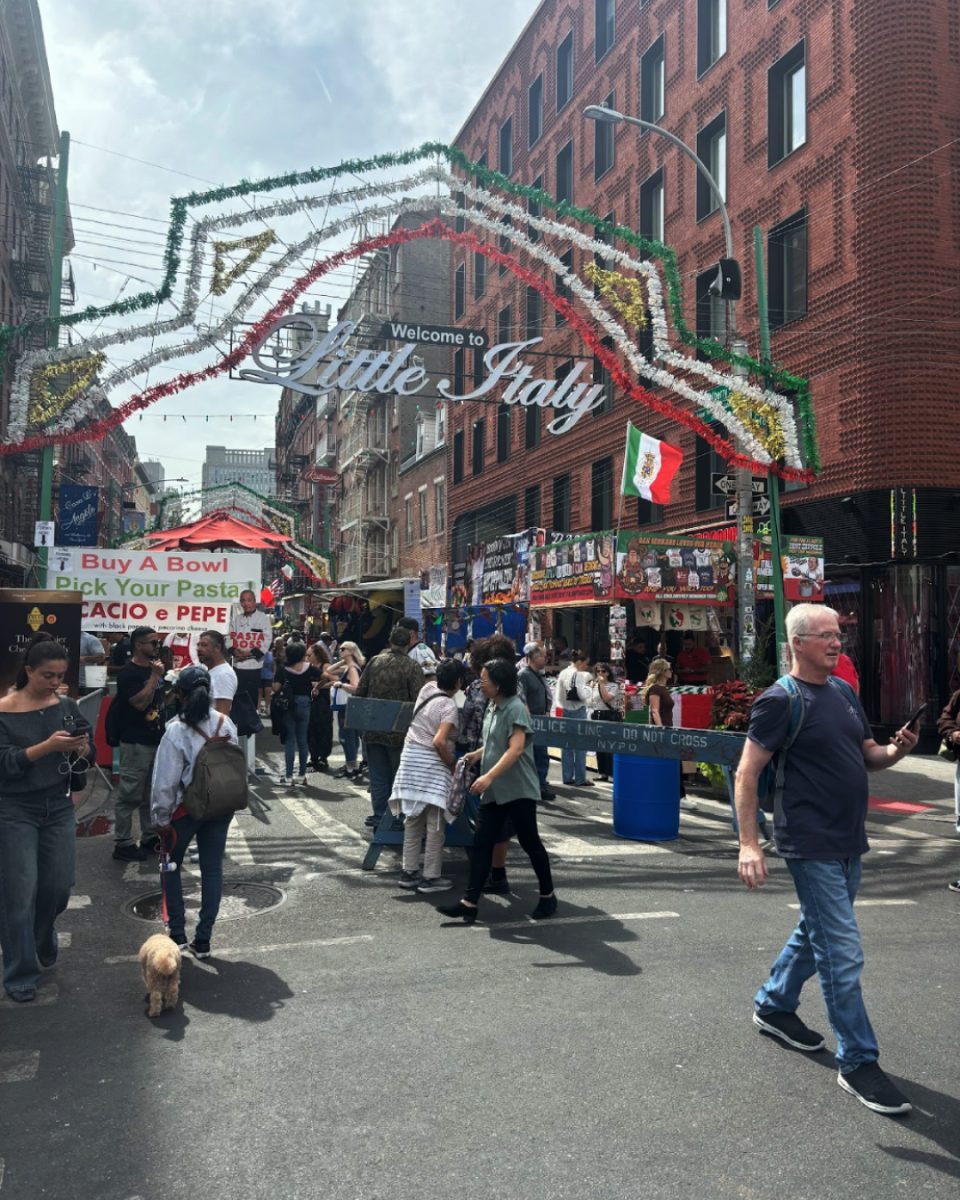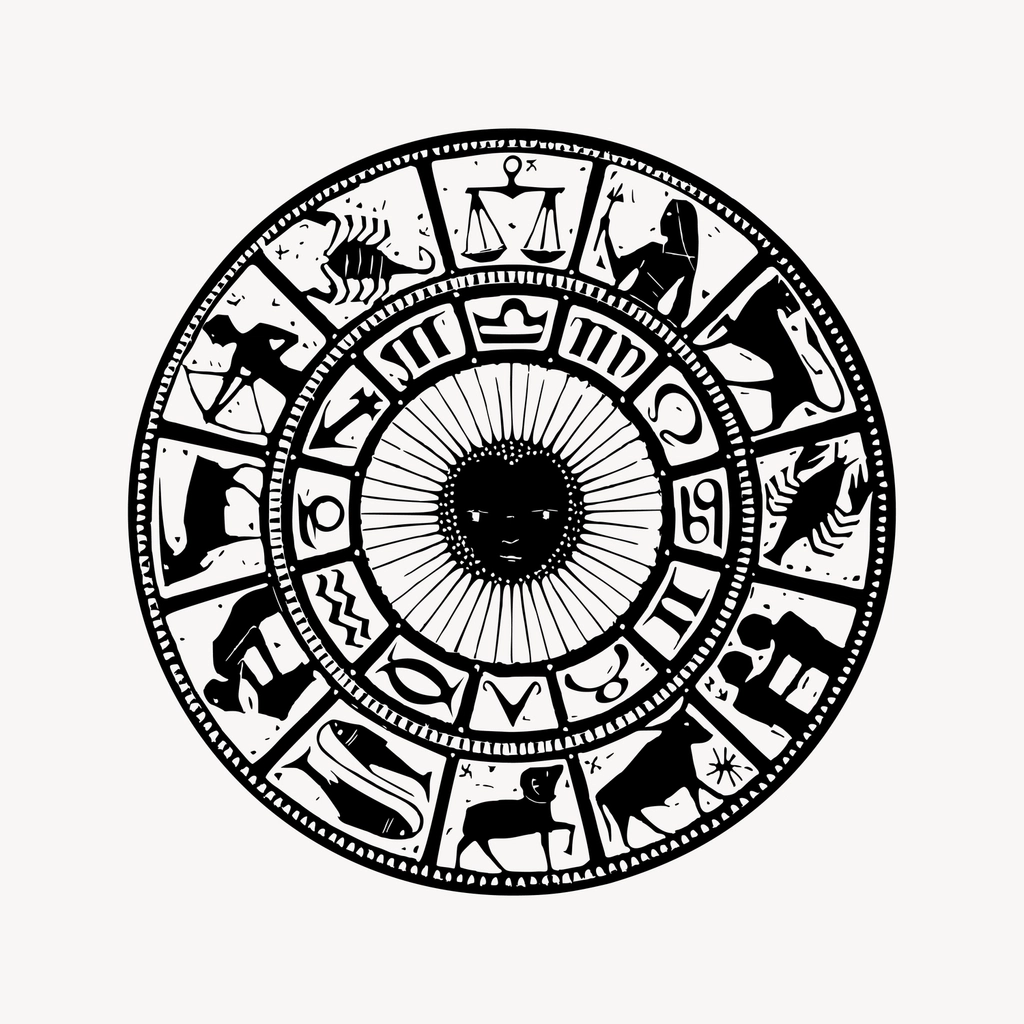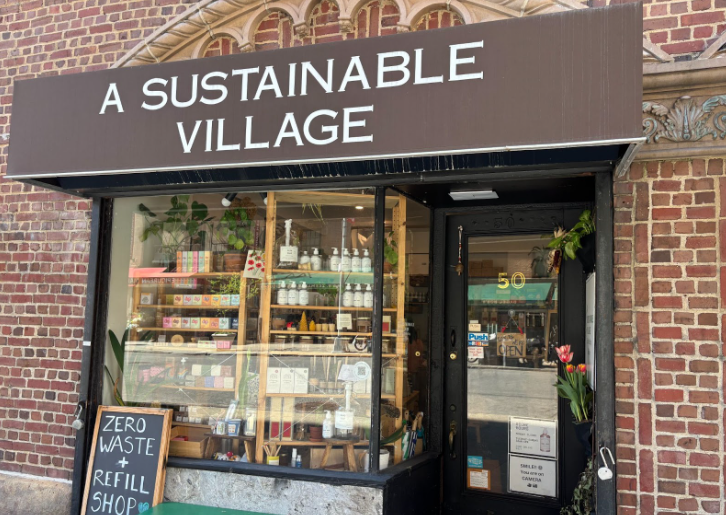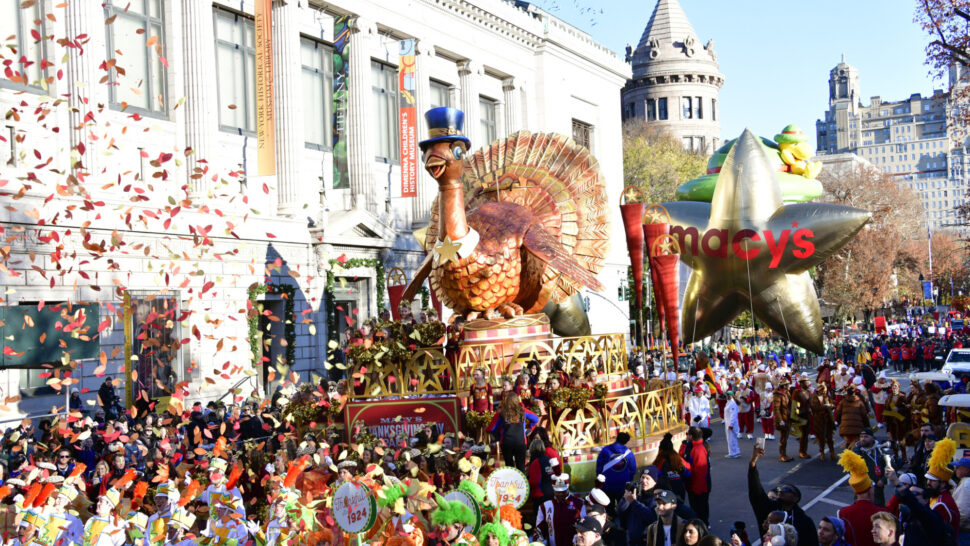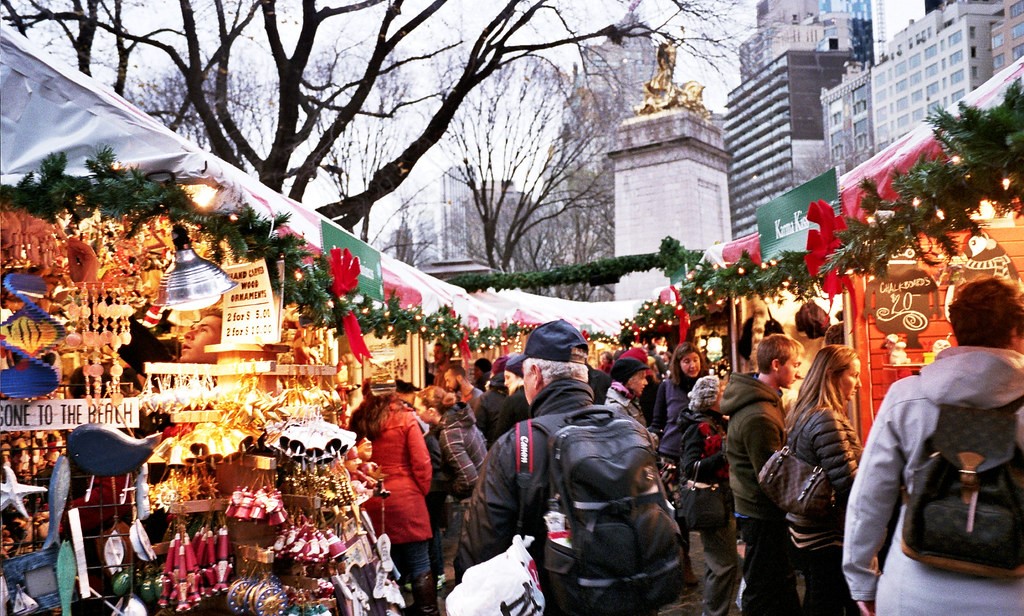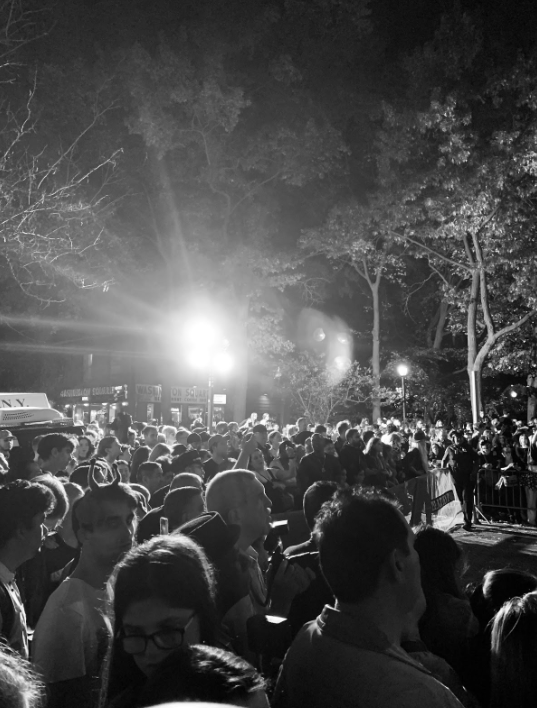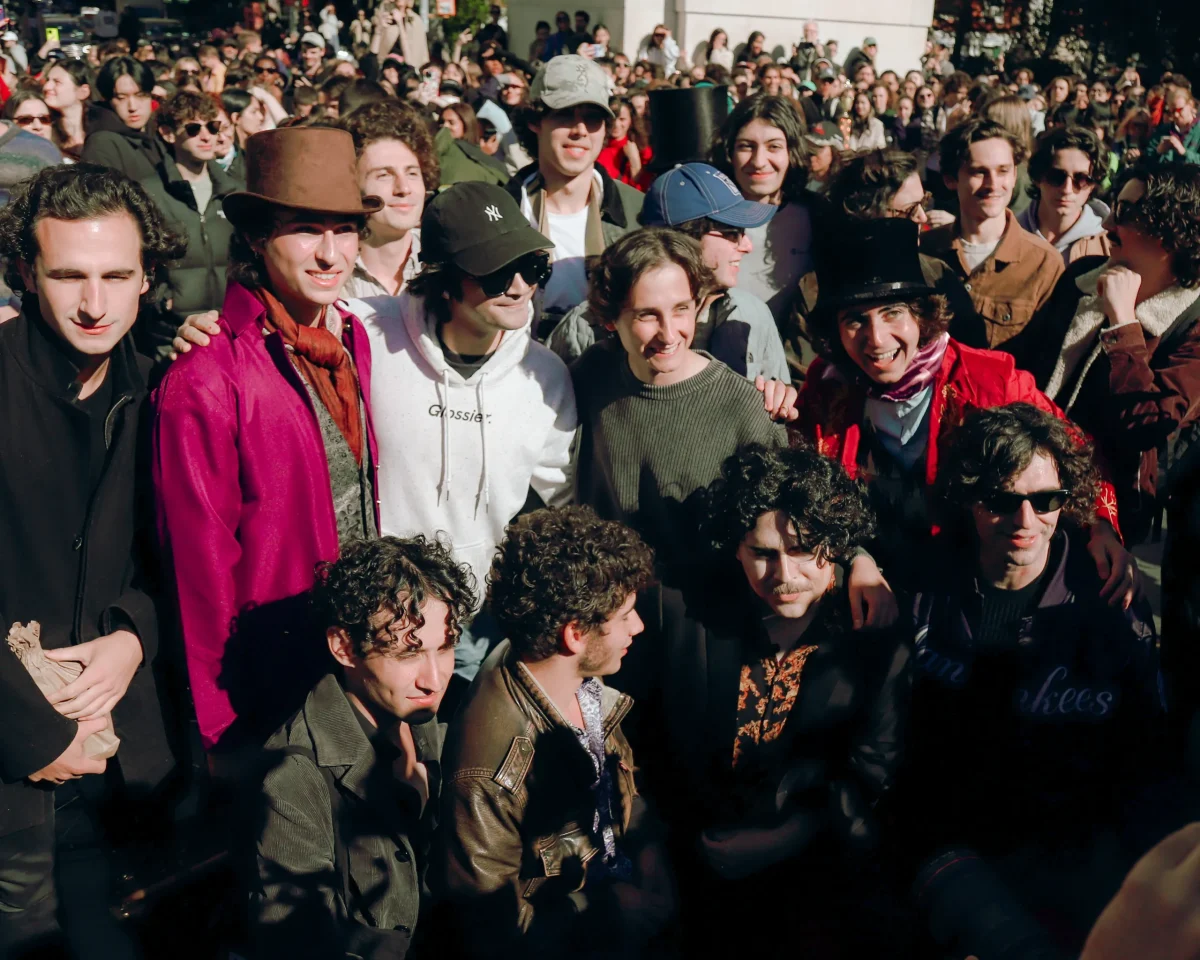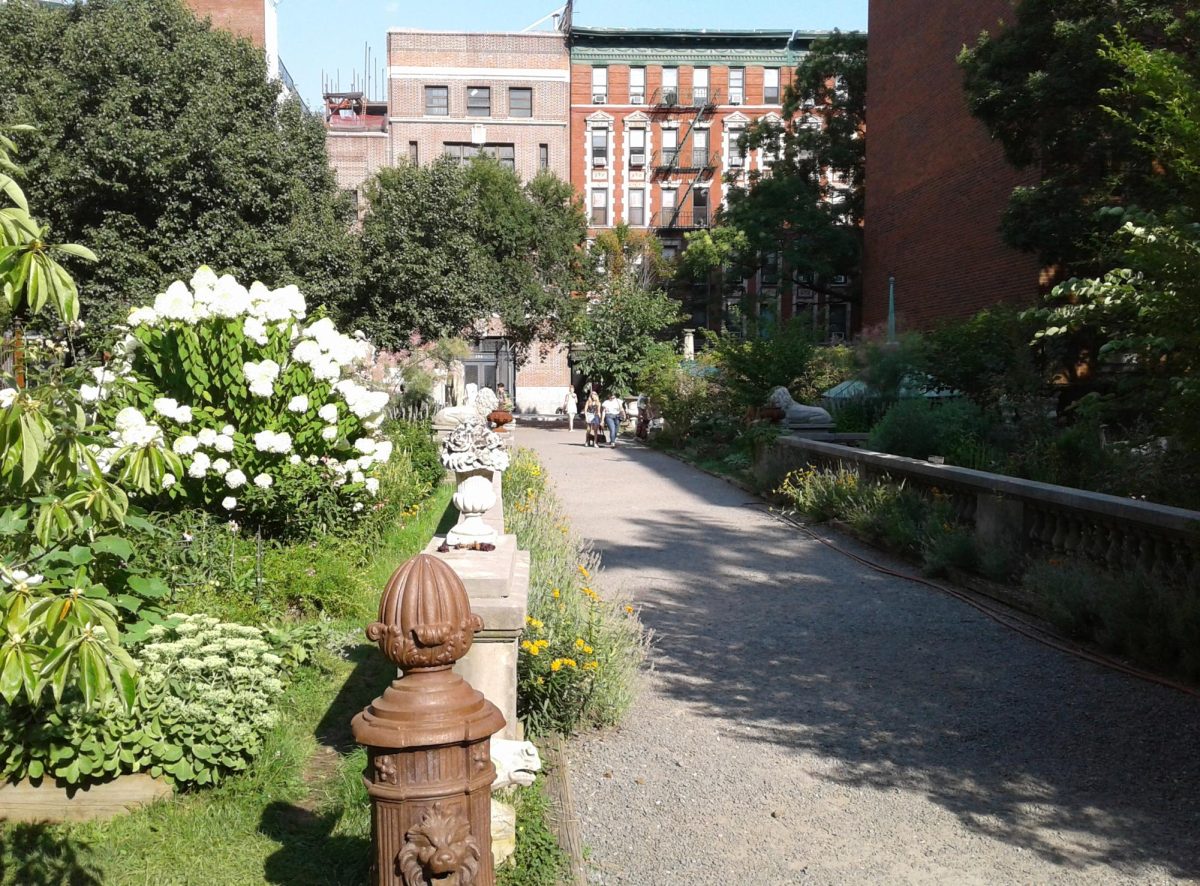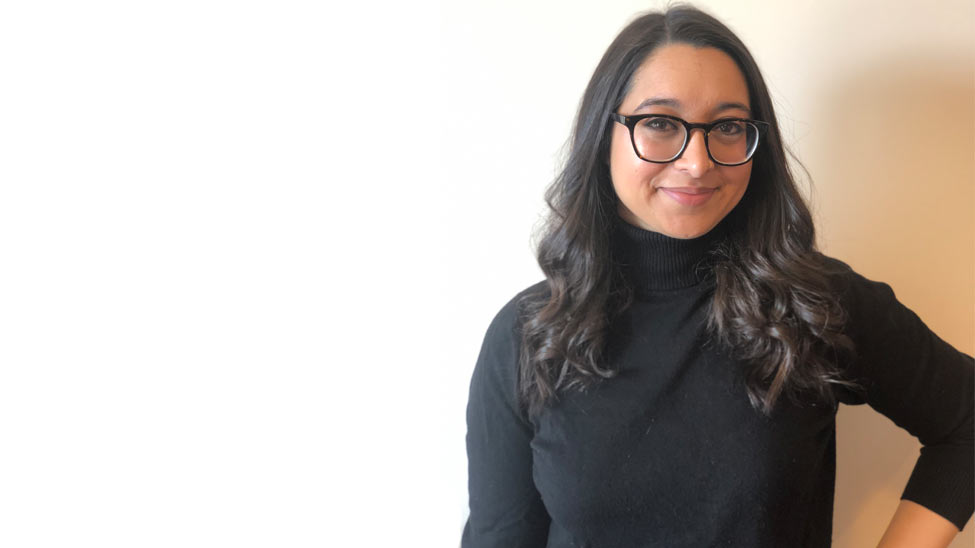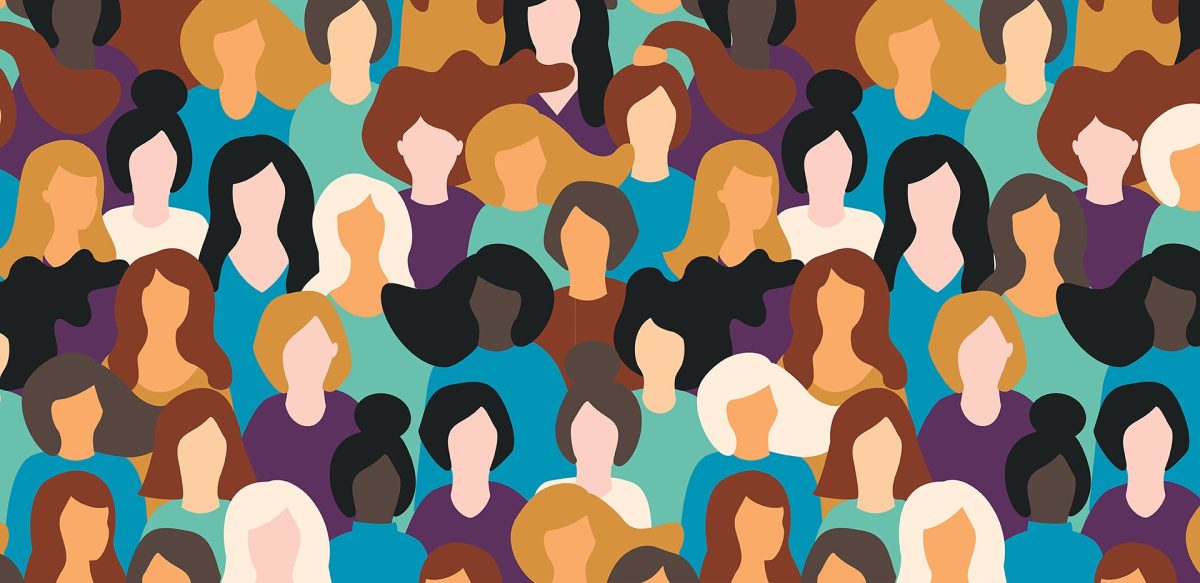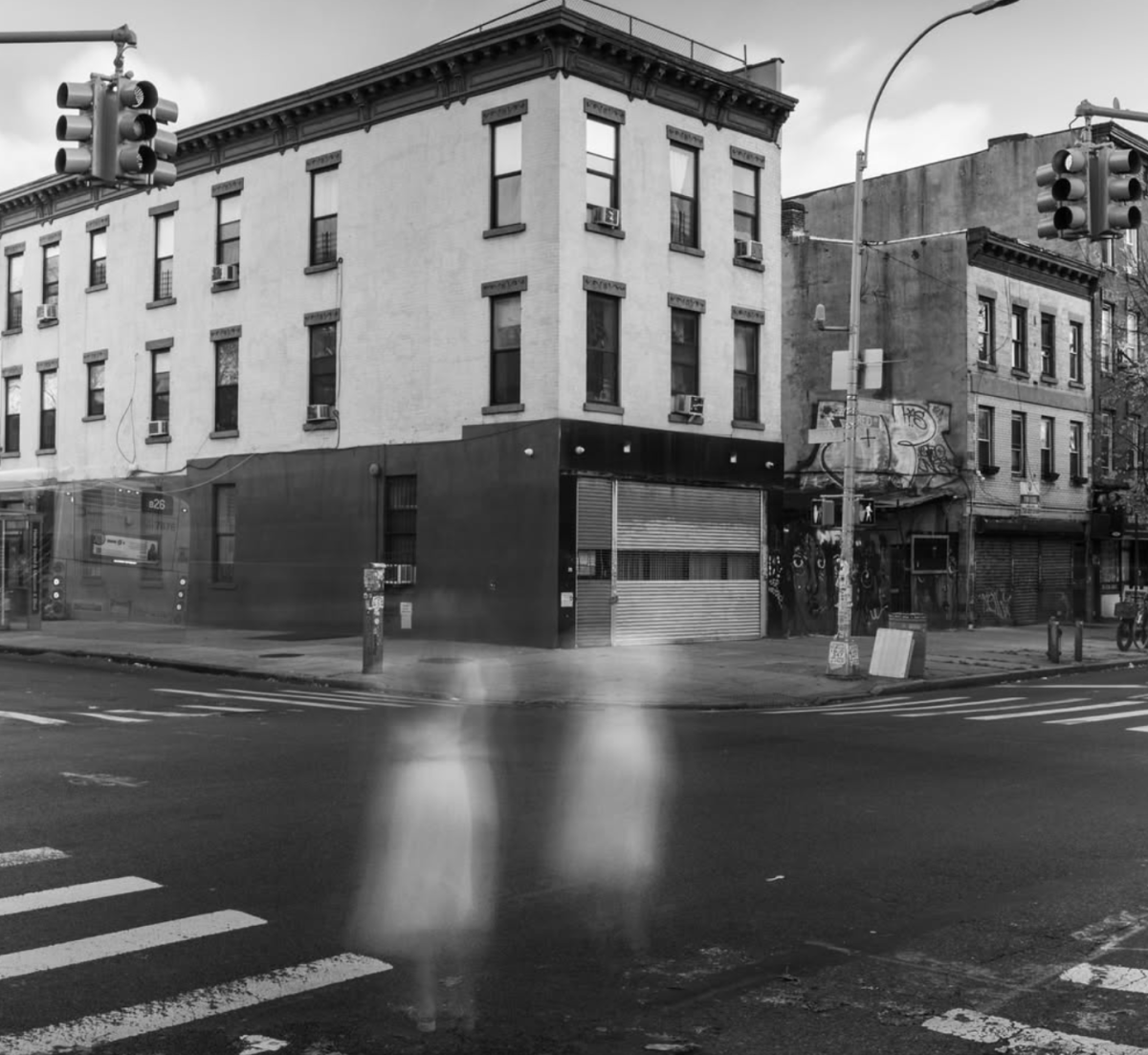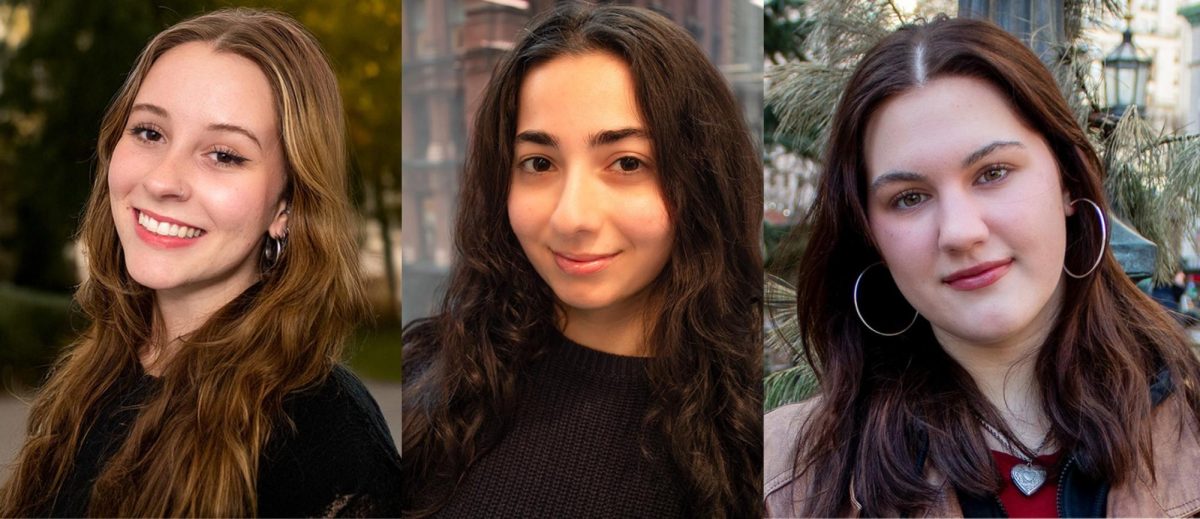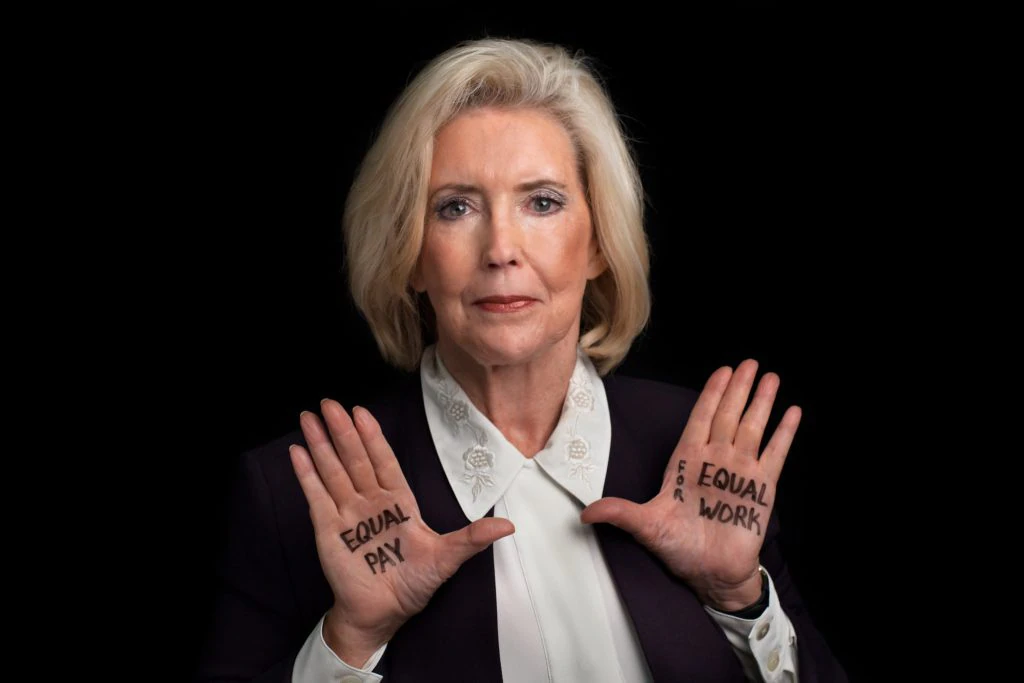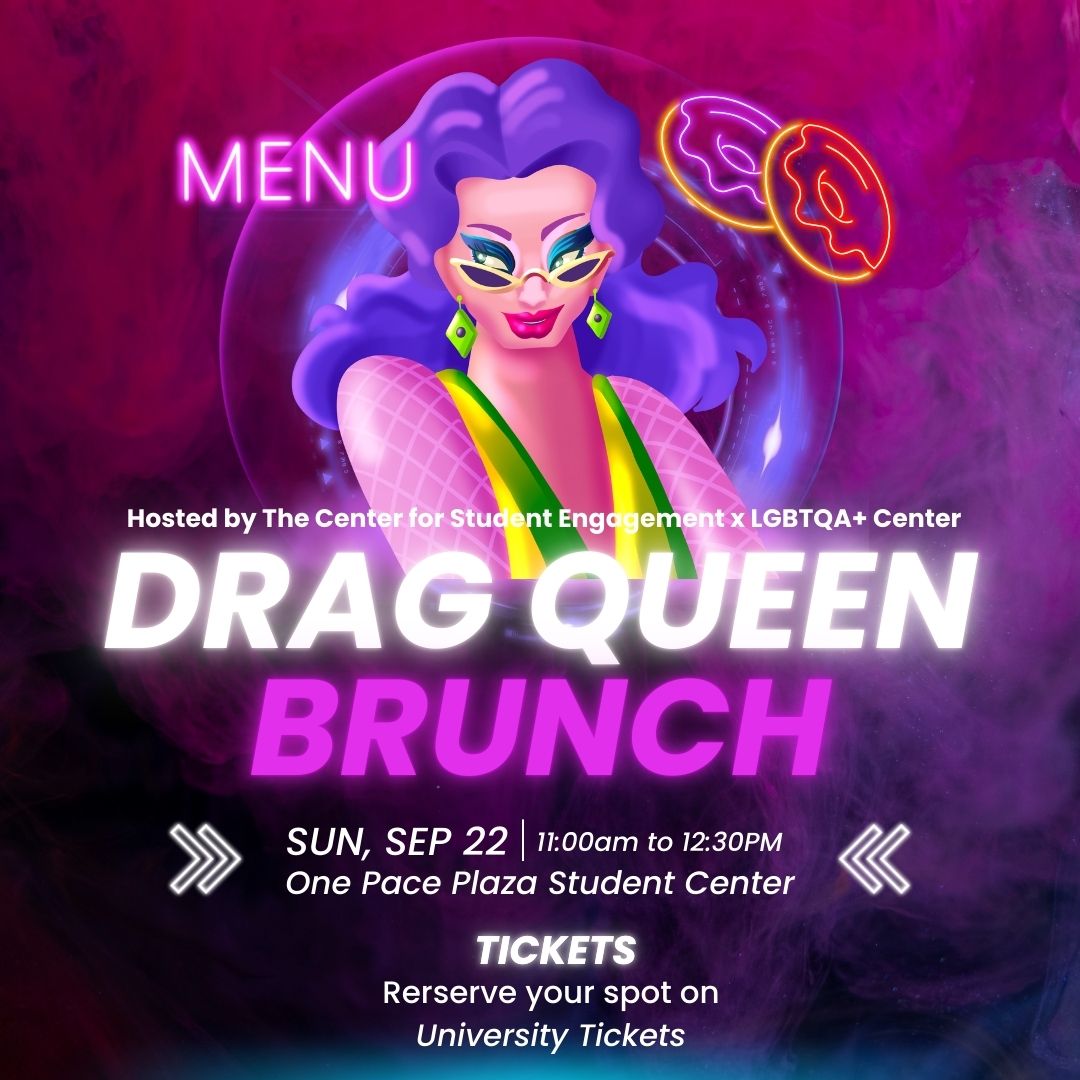When it comes to summer break, everyone has their own way of spending time. Some travel, some work, and some devote their time to helping others. Sophia Ventura-Cruess, a junior majoring in Peace and Justice Studies at the University, decided to put the knowledge she gained from PJS courses into practice. Ventura-Cruess is also a member of the Peace and Justice Studies Student Club, which pushed for gender equality this past semester through its successful campaign providing free menstrual products to the all-gender restrooms on campus.
With the onset of summer break, Ventura-Cruess decided to continue her activism outside the University’s campus by joining the Poor People’s Campaign: A National Call for Moral Revival, Orange County Chapter in California, where she was born and raised. Poor People’s Campaign was launched in December 1967 through Rev. Dr. Martin Luther King, Jr.’s effort of gathering impoverished people of all races from across the country to march in Washington DC, in a demand of better jobs, better housing, and better lives. It was said that “King aligned with the struggle of the poor and black sanitation workers in Memphis, Tennessee in March and April 1968. He suggested their struggle for dignity was a dramatization of the issues taken up by the Poor People’s Campaign—a fight by capable, hard workers against dehumanization, discrimination and poverty wages in the richest country in the world.”
One of the goals was to petition the government to pass an economic bill to lift people from poverty, and the campaign was organized into three phases. First: construction of Resurrection City on the National Mall between Lincoln Memorial and Washington Monument. Second: public demonstration, nonviolent civil disobedience, and mass arrest to protest poverty. Third: a boycott of major industries and shopping area which would prompt business owners to pressure Congress, bringing into fruition the goals campaign. Unfortunately, the assassinations of Dr. King and Senator Robert Kennedy, a key supporter of the campaign, hindered it greatly, leaving it lacking strong central figures. However, 50 years after that fateful summer of 1968, Rev. William J. Barber II and Rev. Liz Theoharis have been called by the tumultuous and immorality of current times to resurrect King’s vision of uniting the poor.
King’s vision manifested through 40 Days of Actions, where every Monday, demonstrators hold acts of civil disobedience around the country, such as blocking traffic and refusing to leave public buildings. It aimed to establish a long-term movement geared to restore the Voting Rights Act. The campaign also calls for protection for LGBTQA community, immigrants, and refugees from Middle-East. The campaign is committed to an intersectional approach through its dedication to understanding how issues like economic plight, environmental degradation, and US militarism affect communities differently. When asked why did she decided to join the campaign, Ventura-Cruess said: “[The Poor People’s Campaign] politically, socially, and most importantly morally aligned with my attitudes towards the injustices that are currently rampant within our country, therefore leaving me, in a way, called to action.”
Joining the campaign aligns with Ventura-Cruess’s upbringing, as she grew up in the Unitarian Universalist Church of Fullerton, an institution that dedicates itself to social justice and encourages its congregants to be participants within local activism. On May 29, she participated in the Day of Action in Sacramento, Calif., protesting U.S. militarism, both domestically and internationally. Protesters within the Poor People’s Campaign disrupted the assembly in the capital and demanded action from state senators. Her role was to provide physical and moral support to those protesters who were arrested. Her physical support took the form of setting up a memorial for fallen soldiers of the Iraq and Afghanistan War, and those slain at the hands of police brutality and U.S. Immigration and Customs Enforcement agents. Moreover, Ventura-Cruess was also participated on a local level in Orange County, organizing various protests on the specific issues within the community. Ventura-Cruess deeply appreciated the Poor People’s Campaign’s conjunction of local, national, and international issues, as she saw that it created a unified message and even stronger body of protestors.

Being part of the campaign opened Ventura-Cruess’s eyes and helped her bring the conversations and skills acquired in the classroom back to her local community. As a PJS major, she is familiar with racial and gender inequalities, but not as familiar with the stories of veterans and their families. However, during the Day of Action, she spends a majority of her time with Military Families Speak Out, an organization that speaks out against U.S. militarism, to understand the story of those whose family member suffer war trauma. When I asked her how can people be involved with the campaign, she said there are many chapters within each state. Find the ones that are closest to you, and reach out to the leaders. She also expressed that it was really easy for her to join, as the campaign is always looking for volunteers.
Even though the 40 Days of Action have come close to an end, Ventura-Cruess’s activist journey has just begun. Currently, she is working with Mercy House, a nonprofit organization dedicated to ending homelessness in the Orange County community. She shared a piece of advice for those who are new to activism: “Know your limits and understand how exactly you can be of help.” In the Poor People’s Campaign, she knew her main role was to support in any possible way for the campaign and those who were arrested. For Ventura-Cruess, joining the Poor People’s Campaign is an honor, not only because she believes in the mission, but also because she was “surrounded by people of all generations, races, creeds, sexual orientations, genders, abilities, who are all share some commonality in their committed to justice and a strive for a moral revival.”

